If you’re moving into recovery, social support groups like 12-Step Alcoholics Anonymous are likely one of the first places you’ll be recommended. Alcoholics Anonymous delivers a faith and spirituality-based program to move out of addiction and into recovery, with the help of peers, a higher power, and self-introspection and acknowledgement of past wrongs. AA is about growing under the guidance of a higher power, but, for those of us with faith, it is crucial to ask, what is that higher power? And, more importantly, can that “higher power” be Jesus? While the answer is a firm “Yes”, you probably want to know more about what a Higher Power is, where it comes from, and why different Alcoholics Anonymous organizations might offer different levels of support for Christians in their midst.
“The alcoholic at certain times has no effective mental defense against the first drink. Except in a few cases, neither he nor any other human being can provide such a defense. His defense must come from a Higher Power”. _ The Big Book, Chapter 3
If you’re seeking out help from your community, it’s important to know that you can continue to lean on God and to seek help from him. Confirming your belief through social support is critical to finding God in your recovery and to maintaining your sense of self as you do so.
While modern AA has moved away from its Christian roots, the term “higher power” is built on Christianity and synonymous for “God”. The Big Book was written by Bill W., a Christian, and repeatedly refers to “A Higher Power”, “God”, and “The God of your understanding”. While the Big Book itself only refers to “Higher Power” three times, the roots of the term are in the Christian God and in Jesus.
Today, “higher power”, is interpreted as “whatever higher power you want to believe in”. Some AA groups are openly atheistic or openly neutral in how and what people believe, so long as they adopt a higher power of any sort. But the roots of the term have always been in God and Jesus Christ.
Alcoholics Anonymous was founded by Bill W and Ebby Thatcher, former drinking buddies who found sobriety under the guidance of the Christian Oxford Group and who improved on that model. Alcoholics Anonymous was modeled on the Oxford Group, following traditional Christianity. The Big Book also includes prayer and meditation, with prayers mentioning God, sometimes requiring members to read from the Bible, and requiring prayer as part of the service.
“Follow the dictates of a Higher Power and you will presently live in a new and wonderful world, no matter what your present circumstances” – The Big Book, Chapter 7
The goal of Alcoholics Anonymous, in this light, is to build strength and to help individuals rebuild their life by surrendering to a higher power, recognizing character defects, and being ready to ask forgiveness. That higher power was originally the Christian God.
Today, many AA groups have moved away from their Christian roots and attempt to accept and embrace everyone who needs help. This is admirable and Christian, and often necessitates allowing individuals to follow the light in their own way, even if it means putting a different name or face to their Higher Power. But, the point of that acceptance is, that even in secular AA groups, it is encouraged to seek out and to find the Higher Power you connect with. Even if the rest of your group is not Christian, your Higher Power can be Jesus and you can share this publicly with the group. Because members are asked to respect each other and their beliefs, you can also do so without persecution and without judgment.

While many AA groups are moving away from Christianity, others are not. Some AA groups operate as exclusively Christian domains. Some groups require Bible studies as part of the program, will read sections of the Bible during meetings, and may actually be integrated into a local church or congregation. Because every Alcoholics Anonymous group is relatively autonomous, there is no real database of which offer Christ-based services, and which do not. However, you can check groups in your area, check their websites, visit as a guest, and determine how they incorporate Christ on your own. It may also be helpful to ask your preacher for advice on moving into a local group, as they are significantly more likely to know which groups are Christian-based and which are not.
If you want or need an exclusively Christian-focused support group, there are many to choose from. One, Celebrate Recovery, was formed as a criticism of the vagueness of “higher power” in Alcoholics Anonymous. Celebrate Recovery firmly establishes Jesus as the Higher Power and begins and ends many meetings with prayer and the Bible. There are many similar alternatives, but not all of them will be available outside of very large cities. Because AA is still the largest support group, it is still the easiest for most of us to find and to attend.
Eventually, Alcoholics Anonymous is not a single organization following the same tenants and rules. Rather, it is a diverse collective of organizations utilizing the same rulebook to teach and to help people in vastly different ways. Some groups use the Bible to teach from, others avoid religion entirely. Some moved to video calls and remote meetings, others do not. The only way to find out what your local AA groups offer is to visit them, talk to them, and build an understanding of what is available in that way.
In nearly every case, an AA group will be highly supportive of you recognizing Jesus as your Higher Power. Even if the rest of the group does not, your Higher Power is your own, and as long as you put in the work and follow the 12 Steps, you are following AA in the right way.
Yes, you can use Jesus as your Higher Power in Alcoholics Anonymous. AA encourages individuals to choose a Higher Power that resonates with their personal beliefs and spirituality, making it inclusive for people of all faiths, including Christianity.
A Higher Power in AA provides spiritual support and guidance throughout the recovery process. This concept helps individuals find strength beyond themselves to overcome addiction and achieve physical sobriety.
A Christian drug rehab centers its addiction treatment and recovery programs around Christian principles, including using Jesus as the Higher Power. This approach integrates faith into the recovery process, offering spiritual support alongside medical treatment and personalized treatment plans.
Alcoholics Anonymous World Services supports the idea that each person can define their Higher Power in a way that is meaningful to them. This flexibility allows for the inclusion of Jesus or any other spiritual figure that provides comfort and guidance.
Using Jesus as a Higher Power can provide a strong foundation for recovery by offering spiritual support, hope, and a sense of purpose. This connection can be a source of strength and motivation to overcome substance abuse and mental health challenges.
Integrating faith into addiction recovery can enhance personal growth, provide a supportive environment, and strengthen the recovery process. Faith-based programs often include family therapy, dual diagnosis treatment, and a focus on long-term recovery.
AA focuses on the spiritual aspects of recovery while encouraging members to seek additional support outside the program for mental health challenges. Many people in AA also participate in professional counseling, dual diagnosis programs, and other mental health services to address underlying issues.
Yes, our Christian drug rehab is equipped to handle both alcohol abuse and drug addiction. These treatment programs often include comprehensive care plans, therapy, and spiritual support to address all aspects of addiction and promote long-term recovery.
Personalized treatment plans are crucial in a Christian drug rehab as they tailor the recovery process to each individual’s specific needs, incorporating their faith, mental health conditions, and substance abuse history to provide effective and holistic care.
Spiritual support helps individuals find meaning, hope, and strength beyond themselves. In a Christian context, relying on Jesus as a Higher Power can inspire personal growth, resilience, and a sense of community, all of which are essential for successful addiction recovery.
When choosing a Christian drug rehab program, look for comprehensive treatment plans that include spiritual support, medical treatment, mental health services, and a supportive environment. Ensure the program aligns with your faith and offers resources for both addiction treatment and personal growth.
Family therapy is an integral part of the recovery process at our Christian drug rehab. It helps repair relationships, improve communication, and provide a support system for both the individual in treatment and their loved ones, enhancing the overall recovery journey.



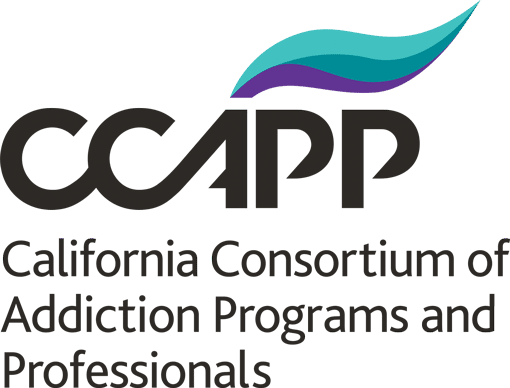
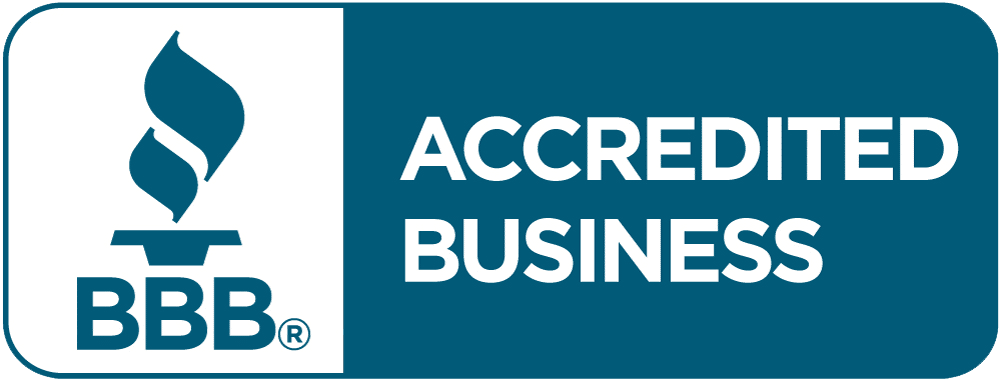

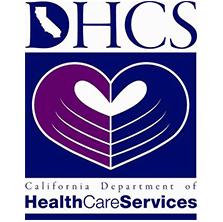

Are you ready to get help for you or a loved one? Request more information or get in contact with us using this form. One of our trained professionals will get in contact with you soon to get you started on your road to recovery. If you are ready to take the next step and learn more about how a Christian rehab center can aid in your recovery, feel free to reach out to us at any time. We are here to support you on your journey through drug or alcohol addiction and look forward to walking by your side with faith-based compassion.
3822 Campus Drive
Suite 100
Newport Beach,
Orange County, CA
92600